Place your adverts here on InfoDig @ low rates; banner ads, sponsored links and guest articles etc. Contact us

Issue #74
IS UI amoonshot goal?
Greetings ET people 🖖🏾
This is the last edition of Entering Tech you will ever receive…on Saturday at 3PM at least. Future editions of ET will now come to your inboxes on Wednesdays at 10AM starting September 25. On to the business of the day!
How many conspiracy theories about wealthy people can you think of? Aliens trying to contact Mark Zuckerberg, extraterrestrial monsters captured by the SCP, influential people plotting world domination at Bilderberg meetings, or the classic “all billionaires are shape-shifting lizard people” trying to freeze themselves for immortality.
Here’s one more: Uploaded Intelligence (UI).
While Hollywood often dramatises UI, shows like Amazon Prime’s Pantheon explore why uploading your brain to the cloud might make sense.
A quick Google search shows that UI is still science fiction, but wasn’t artificial intelligence (AI) one a few decades ago? In this edition, we nerd about why UI makes for a good conspiracy theory about ultra-wealthy people could create new jobs in the future

Intelligence for intelligence
In 1950, Alan Turing, a brilliant mathematician and computer scientist, woke up one day and decided he was going to create what we now know today as the “Turing Test.”

He wanted to answer a simple question: “Can machines show human-like intelligence?”
In the test, a human “judge” communicates with both a machine and a human by asking the same questions without knowing which is which. If the judge cannot distinguish between the two based on their responses, the machine is said to be “thinking” like a human.
Seventy-four years later, this test remains the gold standard for evaluating AI. Here’s one fun fact: no AI model has successfully passed this test.
There have been significant achievements. In 1997, for example, IBM’s Deep Blue defeated chess champion Garry Kasparov. Nineteen years later, AlphaGo defeated a European champion in the board game “Go.”
AI has since become mainstream, with over 180 million ChatGPT users today, and countless businesses relying on its API to integrate AI features.
However, with this increased accessibility comes a downside: fear. Many worry that AI’s rapid advancement (still in its infancy) and widespread use could lead to job loss, privacy concerns, and unpredictable consequences in decision-making.
Will it really take our jobs? Will AI become sentient and take over the world someday?
We’ve answered the first question in these two articles here and here. Only time—and Arnold Schwarzenegger, can answer the second one.
Fundamentally, AI and UI are birds from the same branch of technology, but the difference is in who’s in control. With AI, it’s the machine making decisions, while in UI, a human mind is behind the system.
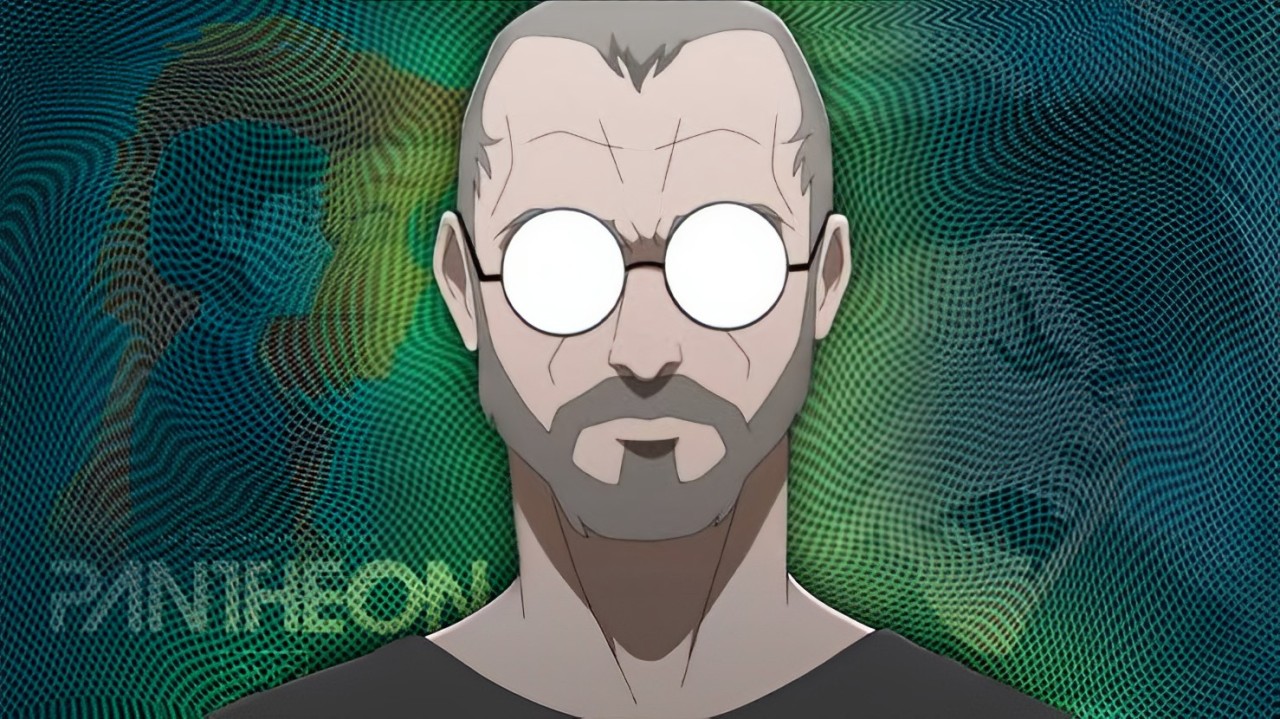
In Amazon Prime’s Pantheon, high-schooler Maddie Kim receives strange messages from her supposedly deceased dad, who has had his mind uploaded to the internet. He became an “Uploaded”—a term for those whose consciousness is in the cloud—living on as a digital self.
Intelligence for intelligence, UI represents a perfect symphony between human genius and machines; while terrifying, there’s much we can achieve together.
*Newsletter continues after break
Get student discounts for Moonshot 2024!
Are you a student looking to fulfill your dream career in tech? Moonshot is giving out tickets to students at ₦5,000 only. As a student, you will get access to all Entering Tech sessions, all workshop sessions, and brand merch. Here is your chance to save a seat at Moonshot 2024. To get tickets, click here.

The five stages of tech shock
Elisabeth Kübler-Ross, a Swiss-American psychiatrist, proposed that the human psychological response to grief occurs in five stages: denial, anger, bargaining, depression, and acceptance.
This framework can also apply to the shock in response to terrifying technology.
When AI and ChatGPT first emerged, many were in denial about the chatbot’s capabilities. Then, large language models (LLMs) improved, with Midjourney creating fantastic images and ChatGPT’s responses getting better.
Then people started bargaining. “How can I use AI to work faster?” “How can I become productive using AI?” We have an Entering Tech Edition that answers these questions here.
Soon after, people feared that AI would take all the high-paying critical thinking jobs and leave them fighting for scraps.
We’re now witnessing AI acceptance, where people have learned to live with it and use it effectively. What many didn’t realize is that AI has created a slew of jobs as it became mainstream—AI ethicists, data annotators, AI product managers—and made machine learning engineers more sought after.
UI’s obvious perk is offering humans a messed up version of immortality, but like AI, it could create new jobs too.
We learned from ChatGPT that if UI becomes mainstream, it will open up industries.
One thing preventing rapid tech development is its newness; we’re still learning how to apply it. When people are uploaded to the cloud, they gain access to unlimited data and technology. There will be less room for errors to happen.
In healthcare, medical research becomes faster. In finance, market predictions become a lot more accurate; just ask any Uploaded.

For the non-Uploaded humans that live on, we could become virtual reality designers, integration specialists, UI machine learning scientists, and hardware engineers (hopefully we don’t get more data centres than humans on Earth); and if the gig pays better, you could offer your services exclusively to the Uploaded.
The technology is both terrifying and exciting. However, it is expensive; the closest existing thing to UI is Elon Musk’s Neuralink—and that says a lot.
*Newsletter continues after ad break
Hack Growth with the Africa Startup Festival!
Join the Africa Startup Festival for an exclusive Marketing & Growth Masterclass designed specifically for founders like yourself. This hands-on event will provide real-world strategies to help accelerate your company’s growth and visibility. Register here.

The future of work?
The World Economic Forum estimates that 25% of future jobs do not exist today. About 92 million new roles will be created by 2030. And that says a lot.
While UI will likely not contribute any new roles to that number in six years, it shows that the future of work is evolving fast.
AI created prompt engineers that did not exist five years ago, and that role has been much talked about (reply to this email with “Moonshot 2024!” if you’d like us to interview a prompt engineer.)
While Uploaded Intelligence looks like a promising piece of technology, it still has its flaws. Pantheon shows us that the Uploaded are more powerful than in their human form, so they could be hijacked by governments to use in sinister ways.
The Uploaded have sovereign access to data; they could launch missiles for governments without anybody tracing it back to them, as we see in the show.
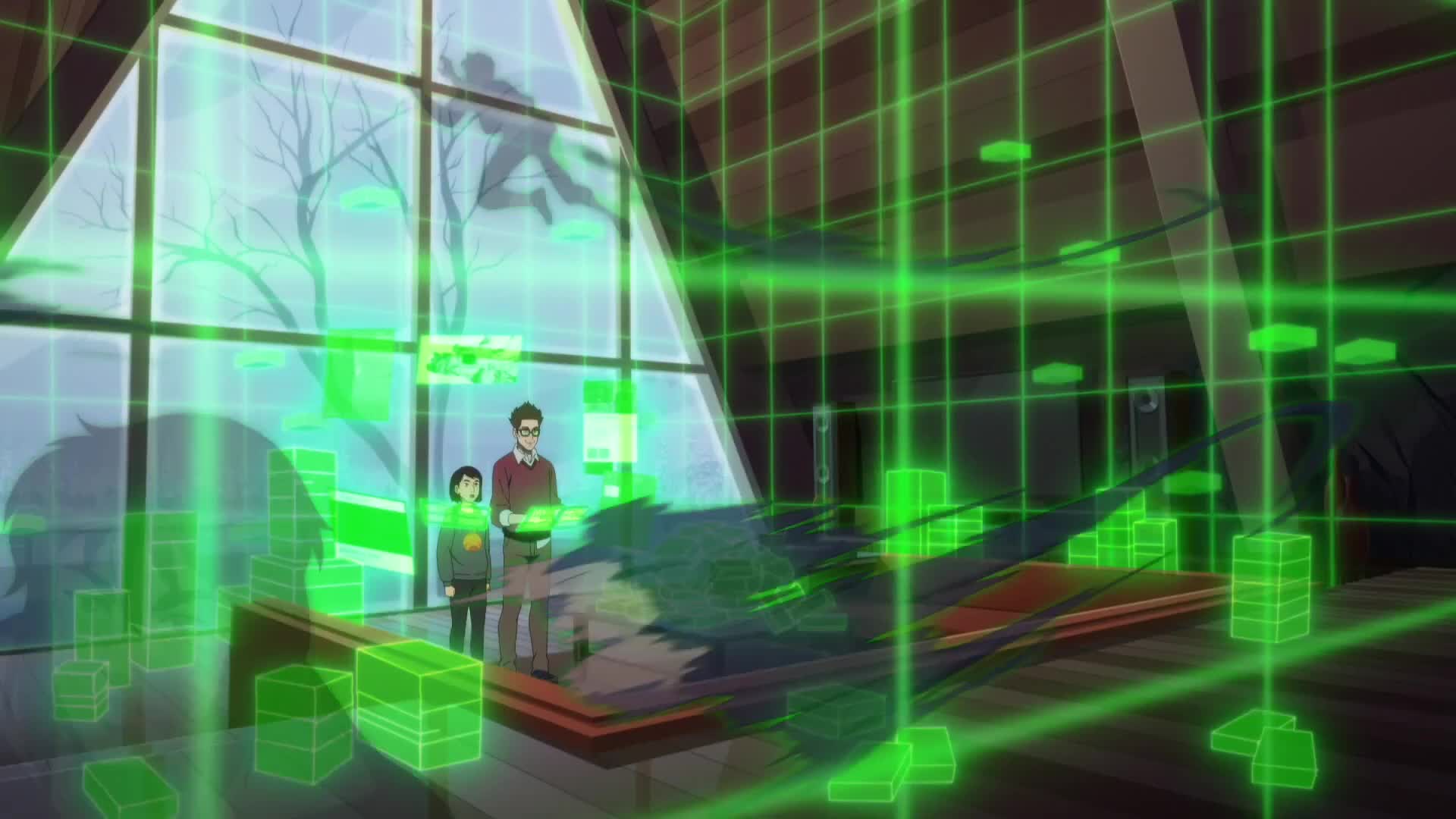
Yet, the allure of immortality is just as enticing. But will the world where our digital selves live become a better, safer place for us?
UI won’t become mainstream for another fifty years, because no significant work has been done to develop it yet—or at least the ultra-wealthy with deep pockets to fund expensive research have not told us yet. But the possibility has been talked about a lot.
In Pantheon, UI is the dream-child of Stephen Holstrom, a character inspired by digital revolution pioneer Steve Jobs. Holstrom’s motif in the show is to create a world with fewer mistakes under the assumption that humans and machines, and not machines alone, make the dream team.
However, with all pros and cons considered, we like to think technologies like this, in its raw form, should remain as it is—science fiction.
P.S: Did you like this edition of Entering Tech? Would you like more like this or less? Share your thoughts by responding to this newsletter or sending an email to newsletter@techcabal.com.

Jobs
- Earnipay – Digital Marketing Specialist – Hybrid (Lagos, Nigeria)
- Paystack – Finance and Strategy Specialist – Lagos, Nigeria
- KrediBank – Head of Liability Generation – Lagos, Nigeria
- Mono – Technical Product Specialist – Lagos, Nigeria
- Cowrywise – Backend Engineer (Infrastructure, API Engineer, DevOps) – Hybrid (Lagos, Nigeria)
- When – Sales and Marketing Operations Specialist – EMEA, Remote
- Spacefinish – Associate Designer – Lagos, Nigeria
- LemFi – Customer Support Representative (Chinese Speaking) – Remote (Any Location)
- Kuda – Senior Product Designer (3+ years of experience) – Lagos, Nigeria
- Apex Web Network – Marketing Specialist – Hybrid (Lagos, Nigeria)
There are more jobs on TechCabal’s job board. If you have job opportunities to share, please submit them at bit.ly/tcxjobs.
Disclaimer: TechCabal is not affiliated with or associated with jobs and opportunities listed on all its job boards and newsletters. All applicants bear the responsibility of researching about the roles and companies they apply to.
If you’re interested in kicking off your career in tech, here’s a list of job boards that regularly upload their platform with African tech jobs.

Enjoyed this newsletter?
Spread the word!

 3 hours ago
29
3 hours ago
29
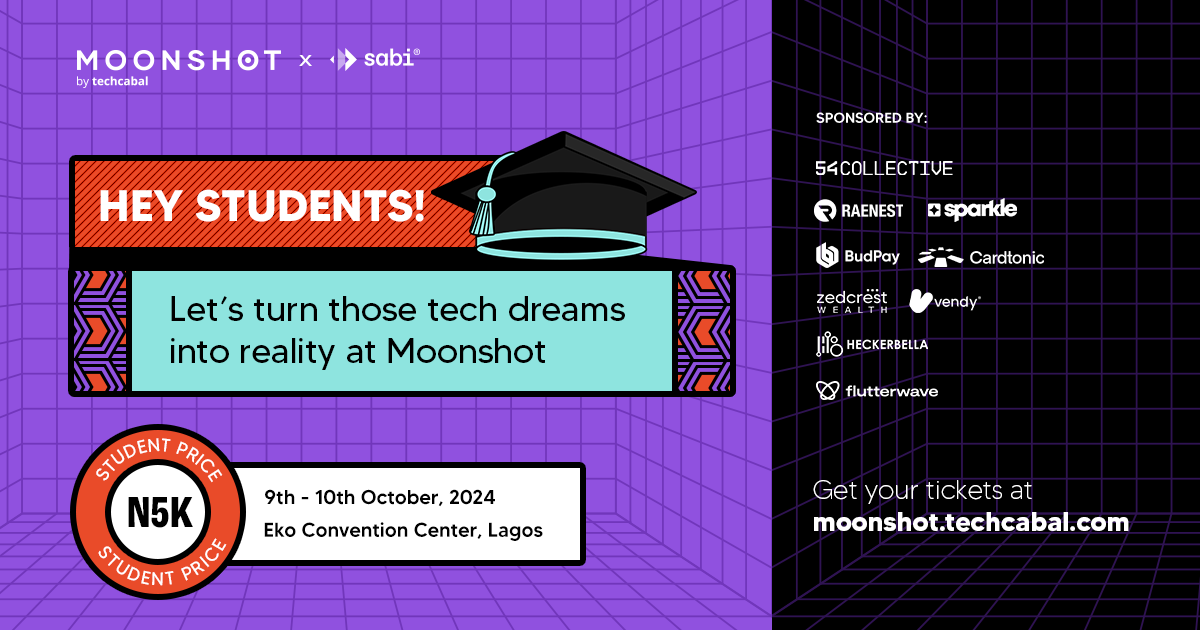
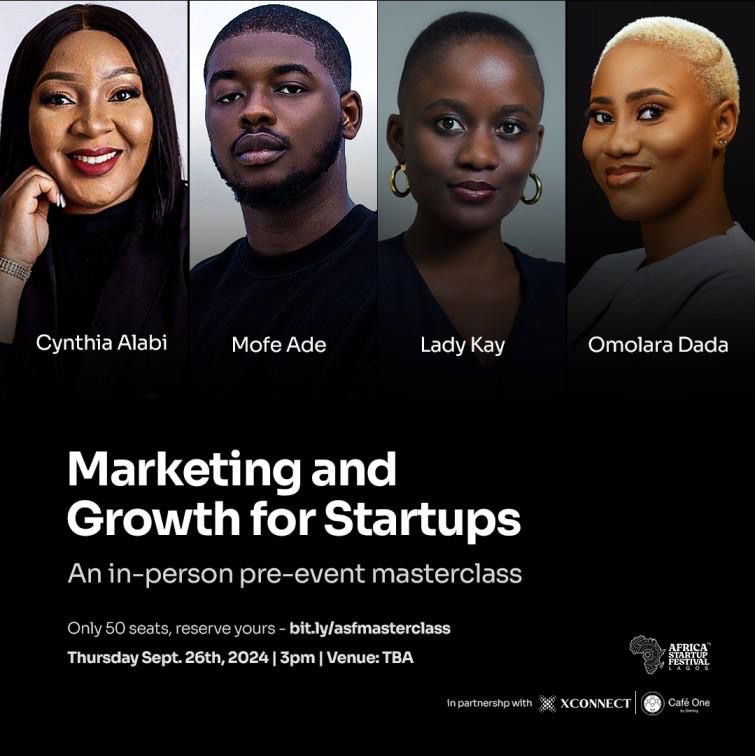

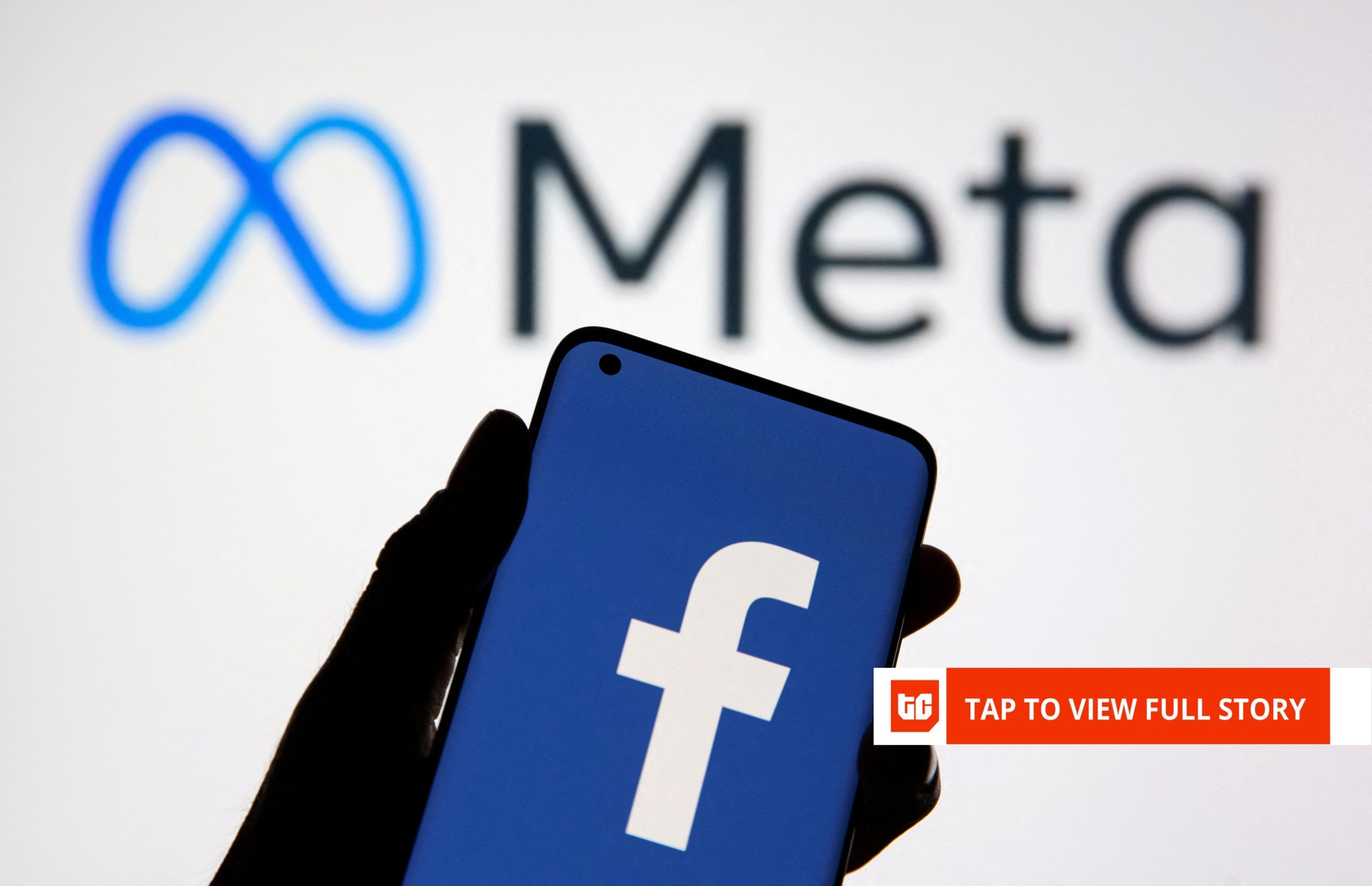












 English (US) ·
English (US) ·